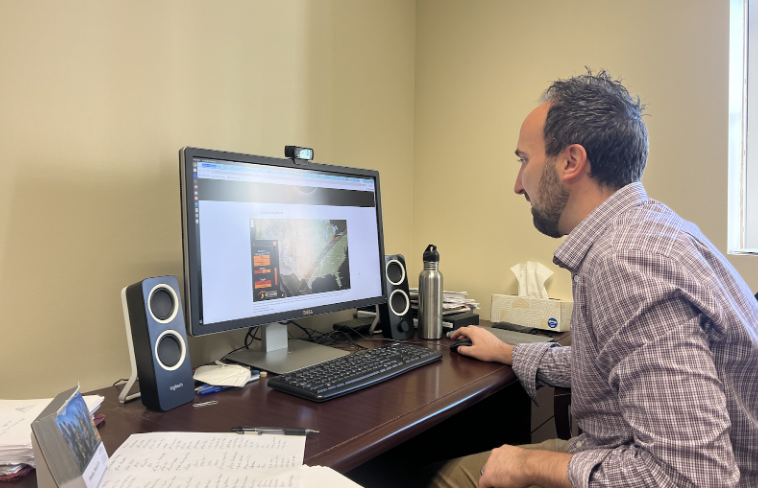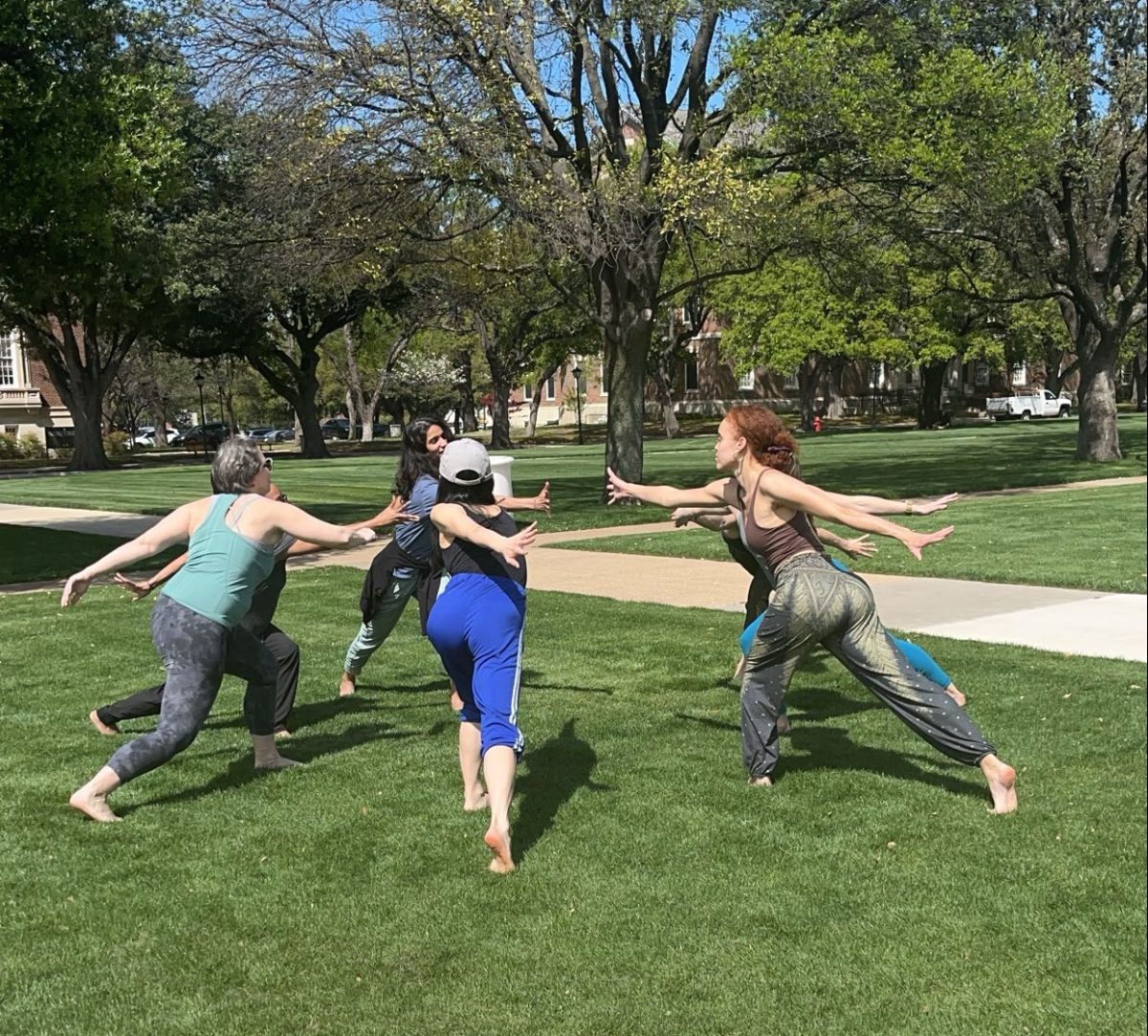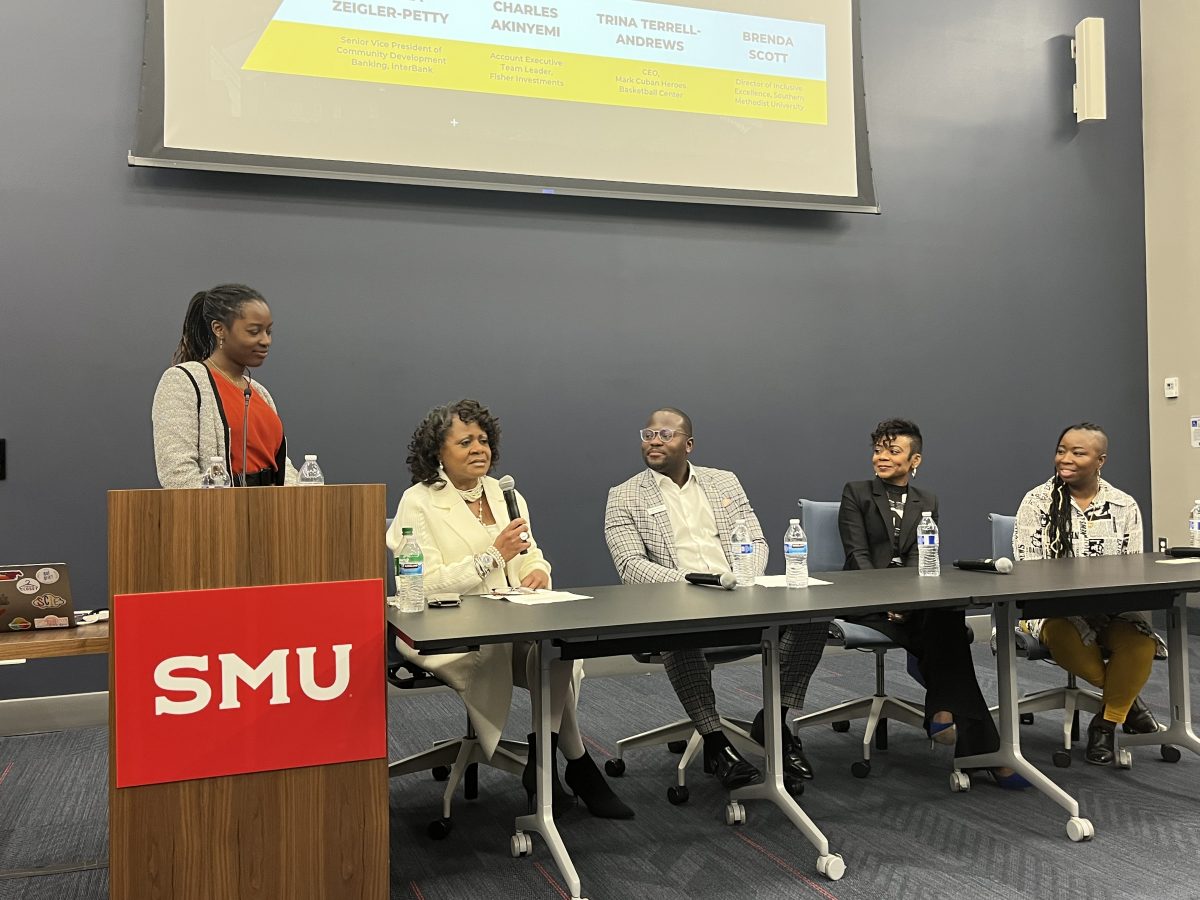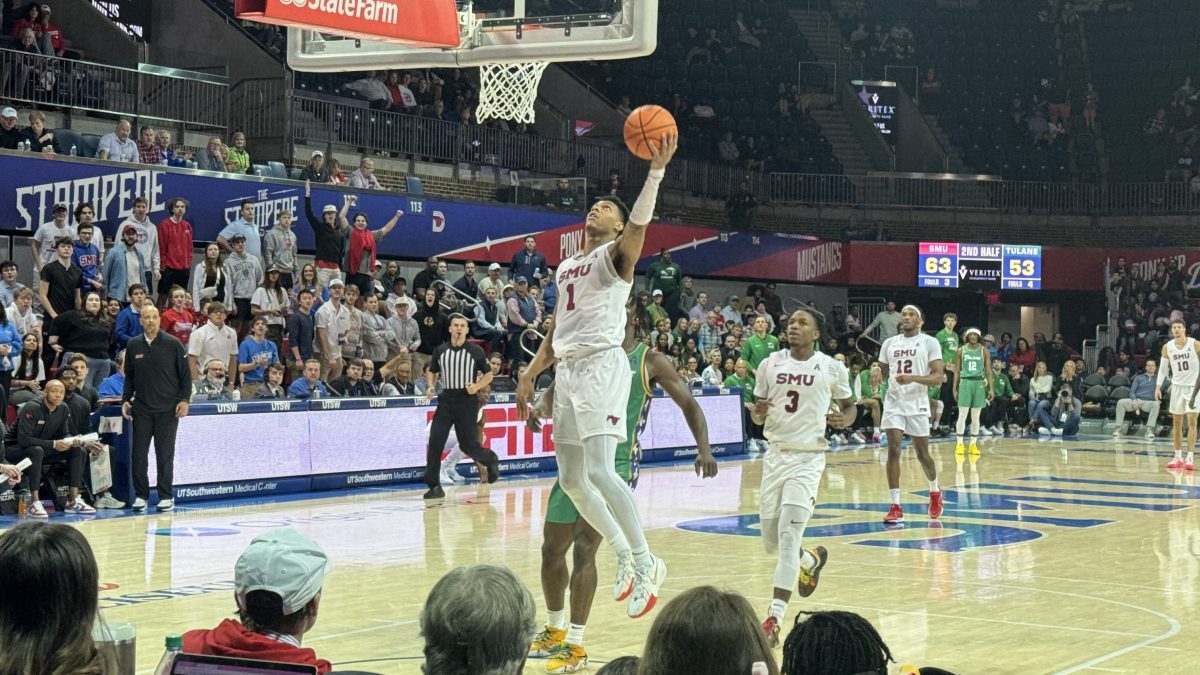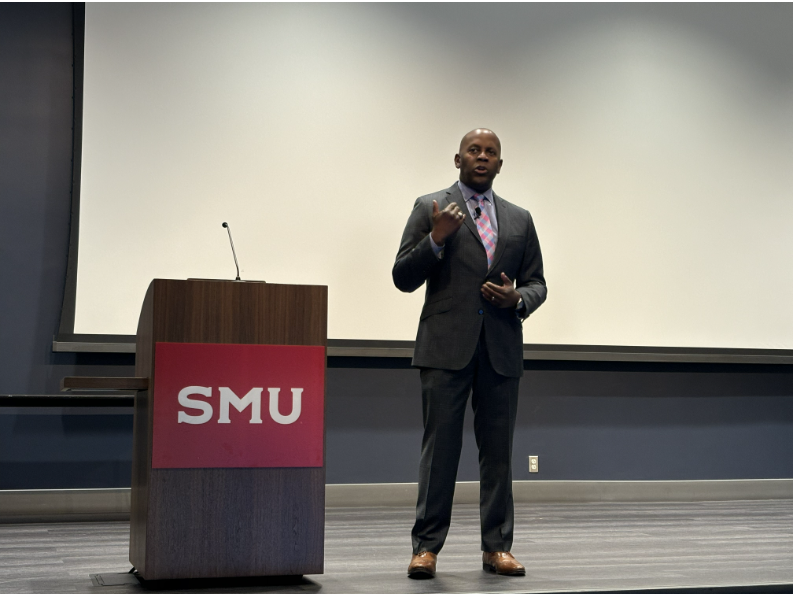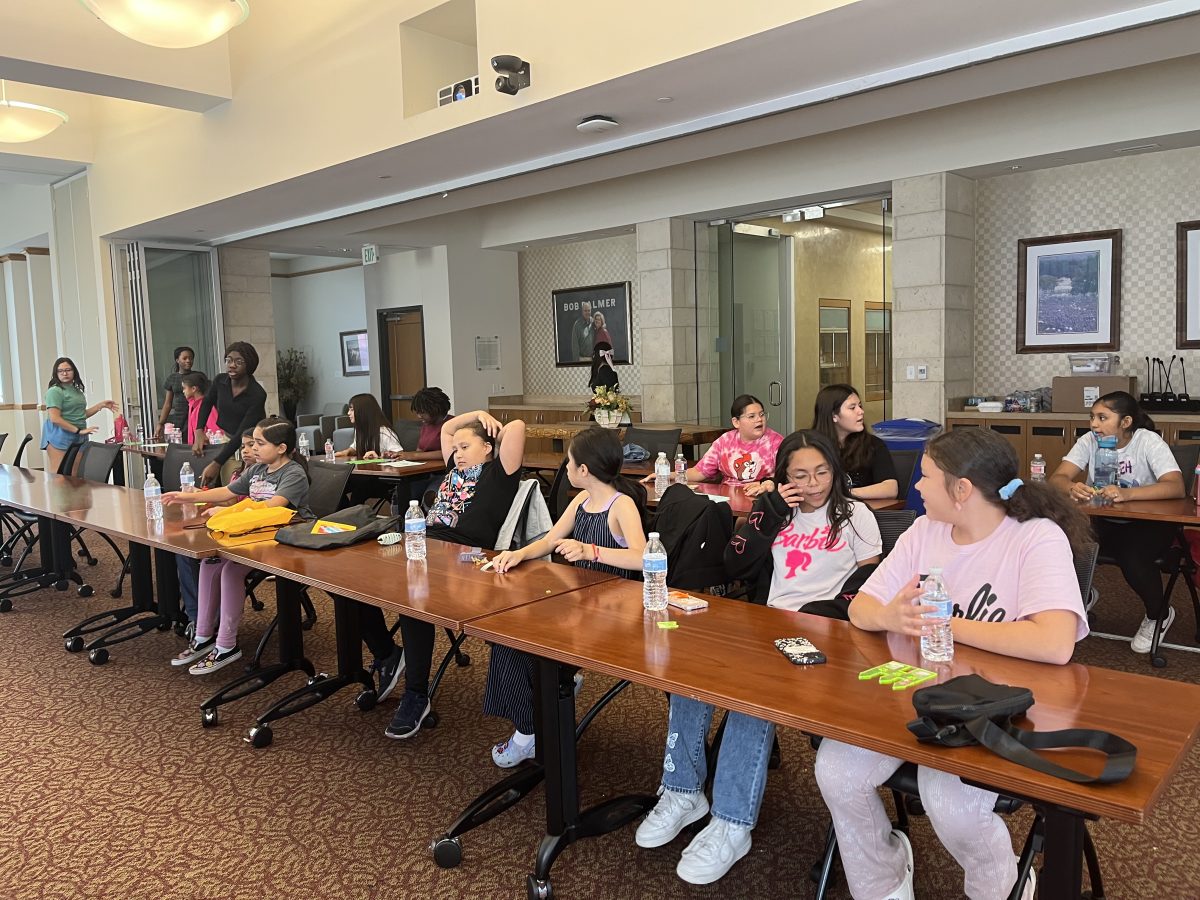By Brianna Hogg
COVID-19 has disrupted education across the country, and Texas is no exception. According to our state’s Education Commission, the loss of learning that occurred as a result of the pandemic will cause public school students to lose trillions in lifetime earning potential. In the face of this challenge, online learning platforms can play a key role in ensuring our students can make up lost ground and reach their full academic potential.
Before the pandemic, schools across our state experienced nearly a decade of progress in both reading and math. Unfortunately, because of school closures and limited access to education, proficiency in state achievement assessments has dropped substantially.
Given the strong link between state achievement levels and lifetime earnings, experts predict this pandemic-induced drop in proficiency will cost students in our state nearly 6 percent of their earning potential, amounting to a financial loss of approximately $100,000 throughout each student’s lifetime.
Across the nation, the effects of lost learning may cause today’s students to earn approximately $50,000 to $60,000 less over their lifetimes and the impact on our country’s economy could amount to well over $100 billion every year. As a student currently pursuing a degree in history and an interest in the real estate market, these economic consequences are particularly concerning given how closely tied the housing market is to the country’s financial health.
Not only will this learning deficit have financial consequences down the road, but it will likely leave many students painfully unprepared for the world of higher education in the short term.
We can help to address this gap through online supplemental learning platforms. Thanks to the internet, students have access to a plethora of online learning resources that offer students opportunities to supplement their education and receive extra support on certain subjects they may struggle with. These include STEM subjects like chemistry and math, which are important courses that can propel students into majors that lead to higher paying careers.
There is no shortage of these online resources. Platforms like Vimeo and YouTube provide students with access to lectures and in-depth analyses by content creators who are experts in their fields. Websites like Wyzant identify one-on-one learning opportunities and connect students with tutors both online and in person. And services such as Chegg allow students to access extra study support on their own time, at their own pace, and from the comfort and safety of their own homes.
In my time as a student here at Southern Methodist University, I’ve personally experienced just how helpful these resources can be for achieving academic success. Unfortunately, many administrators at academic institutions throughout Texas and across the nation oppose the use of these platforms outright due to misconceptions regarding their use.
Rather than viewing them as useful tools that provide support to struggling students, some in academia view these online resources as a way for students to cheat and therefore ignore their value. This is simply incorrect. While there have been a few instances of cheating, millions of students properly use these online resources every day to aid their study efforts.
Students in Texas and across the country whose education and long-term outcomes have been put at risk by the pandemic face an unprecedented academic challenge. This hurdle will need to be addressed at every academic level, including higher education. Colleges and universities can do their part in addressing this learning deficit by encouraging students to use every tool at their disposal, including accessible online resources that allow students to make up lost ground and reach their academic and career goals.
Brianna Hogg is a fifth year history Ph.D. candidate at SMU. Her focus is on urban renewal projects and its impact on black inner city communities in the City of Dallas such as Tenth Street Historic District, South Dallas, and Oak Cliff. Brianna is an Oak Cliff native and a graduate of South Oak Cliff High School in Dallas, TX.
The Daily Campus welcomes opinion contributions from students, faculty and community members. Submissions should be no more than 1000 words and are subject to copy editing. Please email submissions to [email protected], and include a cell phone number and a short biography. All pieces submitted to and published by The Daily Campus are under the publishing and editorial purview of the paper once published.











